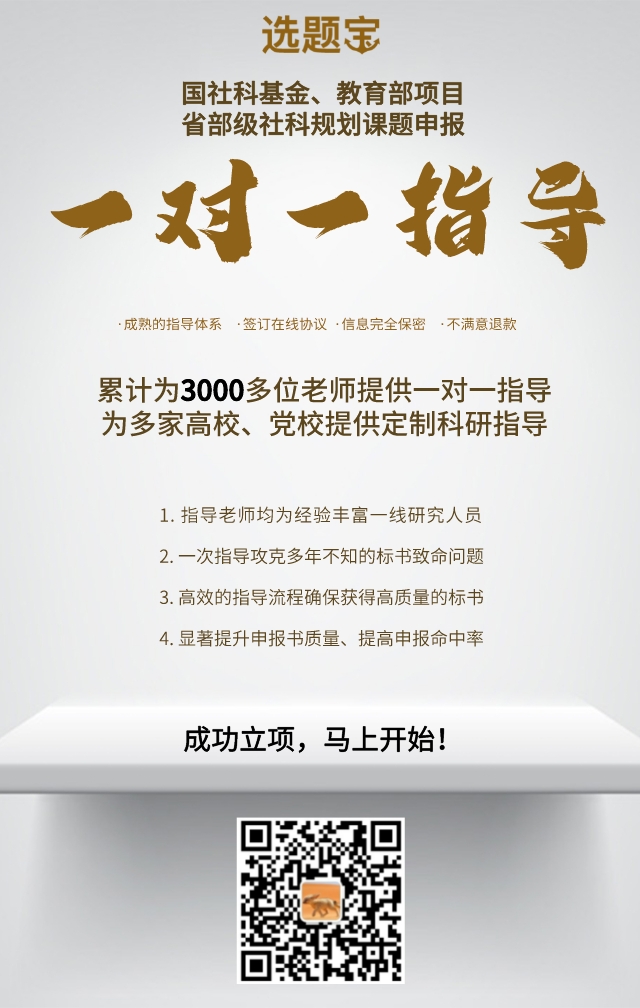SSCI《LEADERSHIP & ORGANIZATION DEVELOPMENT JOURNAL》征稿: 算法时代领导力的无限延伸
2025年04月08日
截止日期:2025/06/30 23:59
征稿期刊
Leadership & Organization Development Journal
期刊级别
SSCI (JCR 2023)
IF 4.2
Q2 (MANAGEMENT 111/407)
征稿主题
The Infinite Reach of Leadership in the Algorithmic Age: Power, Ethics, and Accountability in Organizational Development
细分领域
Redefining Organizational Power in the AI Era
The New Power Brokers: Examining how AI systems redefine organizational hierarchies, shifting influence from traditional leaders to technical architects.
Agentic Agents in the Organizational Chart: How should AI systems, as "agentic agents," be represented in organizational structures?
Algorithmic Decision-Making: Balancing automation and human oversight to ensure ethical outcomes and strategic alignment.
Accounting for AI in Organizational Strategy and Governance
AI in Financial and Strategic Reporting: Should AI maintenance, operational costs, and ROI be integrated into balance sheets and strategic plans akin to Sarbanes-Oxley compliance?
Predictive and Generative AI: Exploring synergies between predictive AI (efficiency) and generative AI (creativity) to maximize ROI and business impact.
Accountability Frameworks: How can organizations define responsibility for AI-driven errors in lawsuits or public controversies?
Leadership and the Ethics of Algorithmic Maintenance
Agentic Maintenance: What are the unconsidered consequences of maintaining AI agents, from biases to ethical lapses?
Labor and Automation: Contrasting human emotional responses (e.g., resentment of poor management) with the systemic risks of poorly maintained AI systems.
Ethical Risk Mitigation: Establishing proactive leadership practices to address algorithmic bias and unintended consequences.
The Political and Cultural Impacts of AI on Leadership
Cultural Considerations in AI Governance: How do global variations in regulatory frameworks and cultural values shape AI adoption?
AI’s Role in Democratic Erosion: Examining how leadership decisions involving AI impact democratic institutions and public trust.
Global Power Dynamics: Leadership challenges in navigating cross-border implications of AI-driven innovation.
Reframing Leadership Education for an AI-Driven Future
AI-Integrated Curriculum: Moving beyond traditional case studies to include the societal and ethical impacts of AI decisions.
The Genius Founder Myth: Teaching students to critically assess narratives of innovation in the context of regulatory, societal, and technological realities.
Building AI-Ethical Competencies: Developing frameworks to balance creativity, accountability, and long-term societal impact.
Methodologies and Frameworks for Organizational AI Leadership
Systems Thinking: How can leaders use interdisciplinary approaches to integrate AI into organizational strategy and governance?
Ethical ROI Metrics: Defining metrics for AI’s broader impact on creativity, market disruption, and customer engagement.
Predictive Models: Tools for aligning AI investments with measurable business outcomes and long-term strategy.
Practical Applications and Real-World Implications
Case Studies: Lessons from tech giants, oil and gas, and financial services on navigating AI’s challenges and opportunities.
Regulatory Alignment: Establishing compliance frameworks that bridge operational innovation and societal accountability.
Leadership Playbooks: Actionable strategies for managing AI’s transformative potential while mitigating risks.
重要时间
Submission Deadline: 30 June 2025


推荐内容



